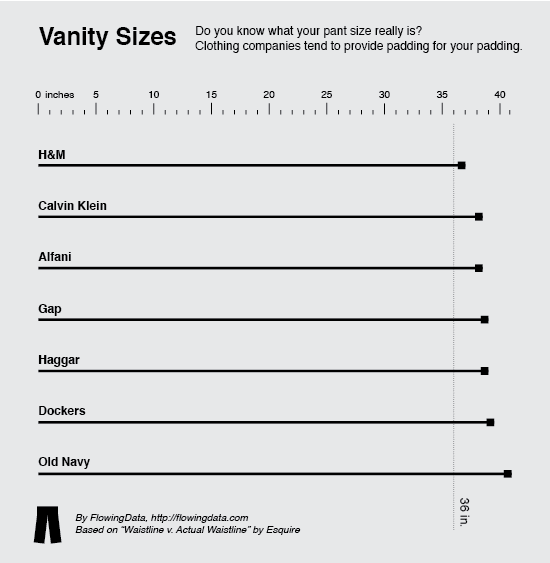Nils G. drew my attention to a fascinating now-abandoned America educational practice that nicely illustrates how ideas about ideal parenting shift over time. Between 1919 and 1969, the Home Economics departments of about 50 colleges and universities served as foster homes for orphans. Writes Emily Anthes at Wonderland:
During this time, homemaking… was considered to be something that could be conquered by science. Running a home based on instinct was considered to be woefully old-fashioned; the idea that raising a child and maintaining a home could be optimized by following a set of scientific rules was gaining currency.
Accordingly, getting a degree in Home Economics included a labratory set up exactly like a home: “practice apartments.” And what better to fill these homes with than “practice babies!” Students would practice applying the latest science-endorsed parenting techniques on orphans. An article published in the Journal of Home Economics in 1920, by Elizabeth Vermilye, explained the rotation of care:
Each girl, in rotation, carried the work of “baby manager” for one week… The “baby manager” assumed the entire responsibility for the care of the child during her period. She herself did the actual work of caring for him between the hours of 6.00 to 8.00 a.m. and from 4.30 to 6.00 p.m. During the day the child was in the care of three or four other students during the time they were not in class, the manager making the program for this care, giving instructions regarding food and other matters needing attention. The baby manager did the baby’s laundry work.
A student taking care of a practice baby:
Far from being exploited, it was believed that these babies would get not just excellent, attentive care, but the best, most scientifically-valid care. Vermilye claims that the examining physician was highly impressed with the children’s development during their stay with the students. She quotes him saying, “The improvement in the condition of these children speaks highly for your cooperative motherhood.”
These pictures of orphan and practice baby Bobby Domecon (surnamed after his role in the Domestic Economics department) reveal his chubbification.
A skinny 6 pounds at 2 months old:
Perking up at age 10 months:
Nice and chubby 5 months later:
Because these children were believed to be benefiting from the latest science of parenting, they were highly adoptable; many couples were eager to get their hands on a child that had such a good start in life (source).
Eventually, however, ideas about mothering began to change. In particular, scholars began to talk about Attachment Disorder and argue that a child’s development required that it strongly bond to one unique person. In 1954, a short Time magazine article on the subject included experts suggesting that the program was harmful. Starting with the Superintendent of the Illinois State Child Welfare Division, the author writes:
“It is not a normal family setting,” said he. “There are just too many persons involved in the handling of that child.” Heaven only knows, added the superintendent, how many neuroses little David might develop. Other officials seemed to agree. “Imagine.” cried Mrs. Babette Penner, director of the Women’s Services Division of United Charities, “what anxieties there are in a child who is given a bottle in twelve or more pairs of arms.”
The scientific consensus eventually changed and, as a result, by 1969, then, “practice babies” were a thing of the past.
In this video from ABC Doris Mitchell, Cornell University graduate and Home Economics major, sweetly remembers her experience helping raise a practice baby at Cornell University:
![]()
For another fantastic example of historic management of children without parents, see our post on the Orphan Trains.
Lisa Wade, PhD is an Associate Professor at Tulane University. She is the author of American Hookup, a book about college sexual culture; a textbook about gender; and a forthcoming introductory text: Terrible Magnificent Sociology. You can follow her on Twitter and Instagram.











